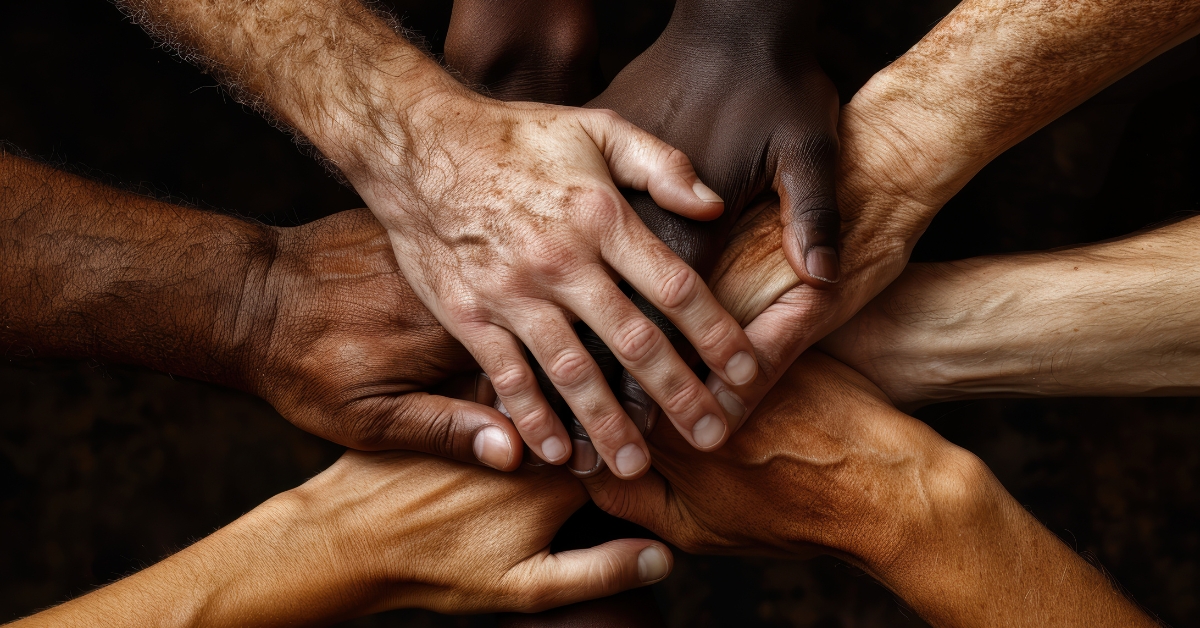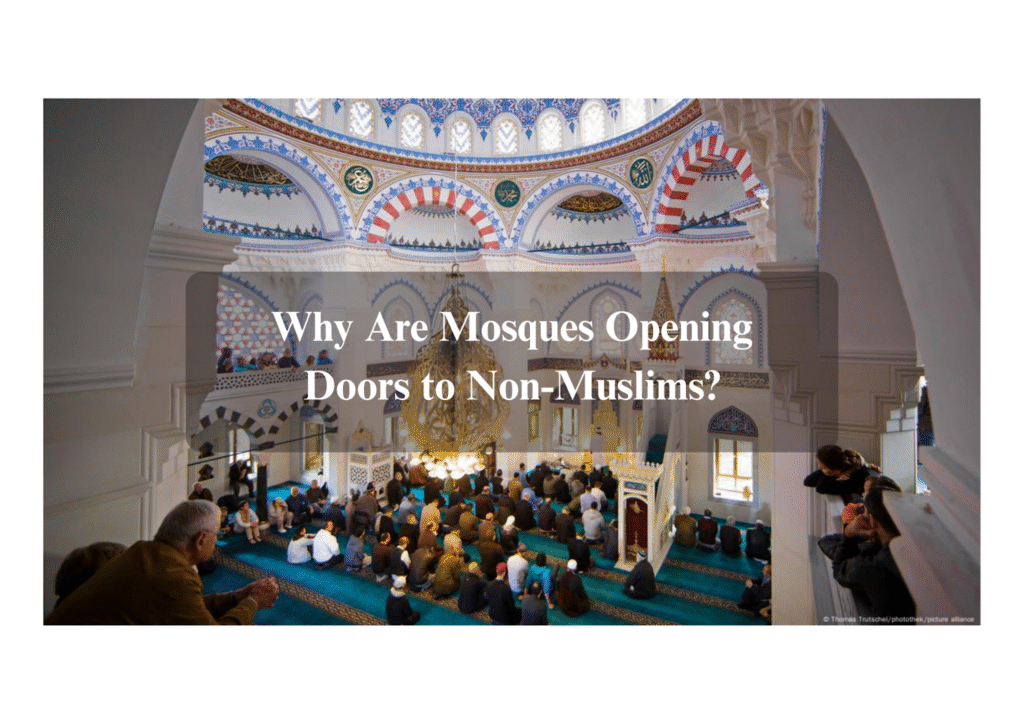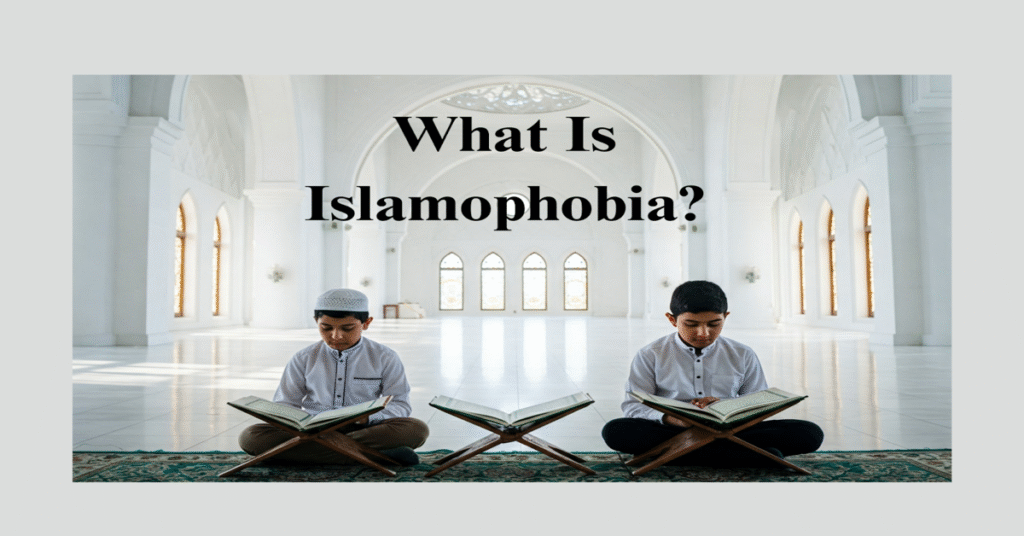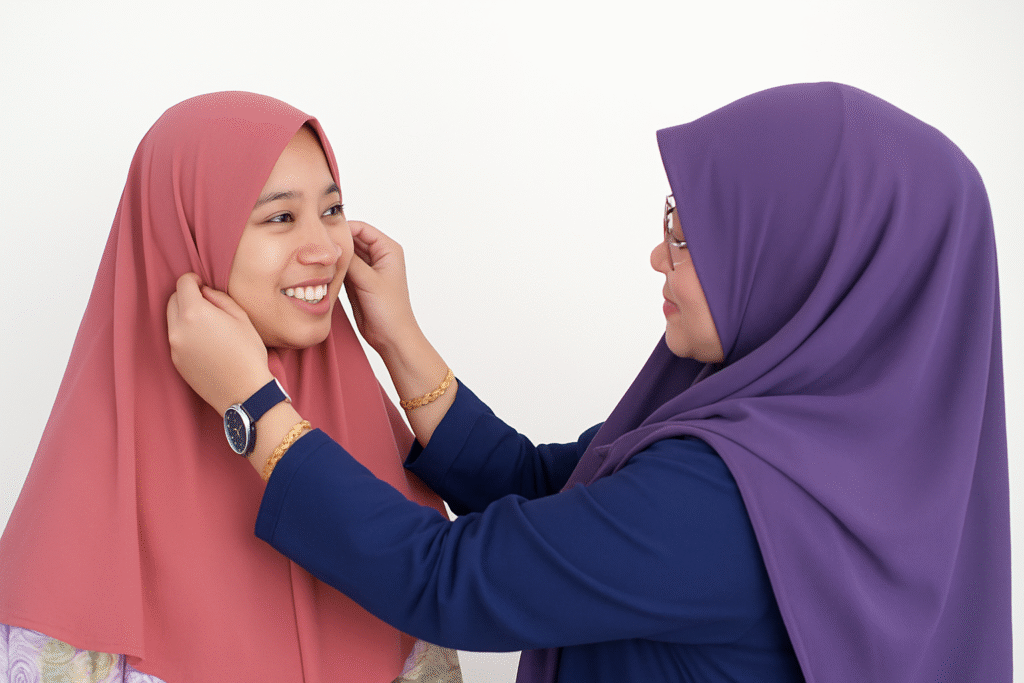Introduction
In a world filled with social divides and rising injustice, many wonder: “Does Islam value human rights?” The answer lies in understanding the foundational principle that Islam upholds human dignity—not only for Muslims but for all humanity. This blog explores Quranic guidance, the Prophet’s ﷺ conduct, and historical precedents that highlight the sacredness of human life and rights in Islam.
1. The Quranic Foundation of Dignity
One of the clearest statements on human worth appears in the Quran:
“Indeed, We have honored the children of Adam…” (Quran 17:70)
This verse affirms that every human being is born with inherent dignity regardless of race, religion, or status. Islam teaches that life, intellect, property, religion, and family are sacred trusts that must be protected.
2. The Prophet’s ﷺ Conduct as a Model
The peaceful teachings of Prophet Muhammad ﷺ provide real-life illustrations of dignity in action:
- He stood up when a funeral passed, regardless of the deceased’s faith.
- He promoted the freeing of slaves and forbade racial superiority.
- He emphasized respectful treatment of women and orphans.
These examples counter the misconceptions about Islam, showing that Islam promotes justice and compassion.
3. Jihad and Protection, Not Oppression
Jihad is not terrorism. The Prophet ﷺ explicitly forbade harming non-combatants, women, children, or destroying crops during conflict. The aim of jihad, in its lawful sense, is to remove oppression and restore peace—not to instigate violence.
“Whoever kills a soul… it is as if he had slain all mankind.” (Quran 5:32)
This verse is a cornerstone in discussions about does Islam promote violence—emphatically showing it does not.
4. Islam’s Legacy of Justice and Inclusion
Islam’s history includes many acts of interfaith coexistence and justice:
- The Charter of Medina guaranteed rights to Muslims, Jews, and pagans.
- Caliph Umar protected Christian churches during conquests.
- Scholars from various backgrounds thrived in Islamic Spain.
Such examples reflect a living tradition of respect, not just scripture.
5. Charity and Community as Expressions of Dignity
Charitable works in Islam (like Zakat and Sadaqah) are not just spiritual duties—they are social equalizers. Every capable Muslim must give, and every needy person, regardless of belief, has the right to receive. This fosters dignity, not dependency.
“The best of people are those who are most beneficial to others.” – Hadith
Conclusion & Call to Action
Islam’s emphasis on justice, compassion, and human dignity offers a guiding light for all. These teachings inspire thoughtful engagement and lead us toward harmony.
Curious to learn more and experience Islam’s message firsthand?








